Q&A: David Getches on Water Rights for
Indigenous Cultures
David Getches discusses the recently released Out of the Mainstream: Water Rights, Politics and Identity, a book which he co-authored, and how modern society is affecting our water culture as well as the rights of indigenous communities around the world
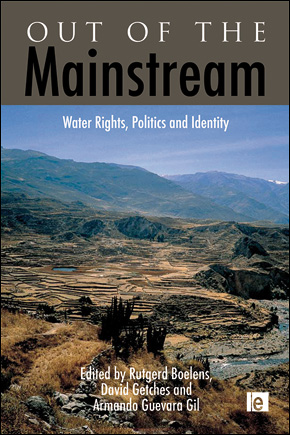
Welcome to Circle of Blue Radio’s Series 5 in 15, where we’re asking global thought leaders 5 questions in 15 minutes, more or less. These are experts working in journalism, science, communication design, and water. I’m J. Carl Ganter. Today’s program is underwritten by Traverse Internet Law: tech savvy lawyers, representing internet and technology companies.
Indigenous people around the world depend on water for their agriculture, their cultural traditions, and their spirituality. A new book, Out of the Mainstream: Water Rights, Politics and Identity explores this intense cultural interdependence. Circle of Blue Reporter Molly Ramsey spoke with one of the book’s authors, David Getches. He’s Dean of the University of Colorado Law School and Professor of Natural Resources Law. For the book, Getches writes on international law and the potential to secure water rights for indigenous communities.
Thank you, Molly. Circle of Blue reporter Molly Ramsey has been speaking with David Getches. He’s dean at the University of Colorado Law School. To learn more about his work and other projects, be sure to tune in to Circle of Blue online at 99.198.125.162/~circl731.
Our theme is composed by Nedev Kahn, and Circle of Blue Radio is underwritten by Traverse Legal, PLC, internet attorneys specializing in trademark infringement litigation, copyright infringement litigation, patent litigation and patent prosecution. Join us gain for Circle of Blue Radio’s 5 in 15. I’m J. Carl Ganter.
Read an excerpt from the introductory chapter Out of the Mainstream: Water Rights, Politics and Identity, a book on the effect modern society has on water culture and indigenous communities.
Read a specific water rights case study in the Achamayo River Valley in Peru from Out of the Mainstream by downloading chapter nine on Circle of Blue.
For more Circle of Blue reports on indigenous people and the right to water, read this article on Ecuadorian protests of a water reform bill or this article on the struggle in Copenhagen during the COP15 UN Climate Conference.
Indigenous Cultures

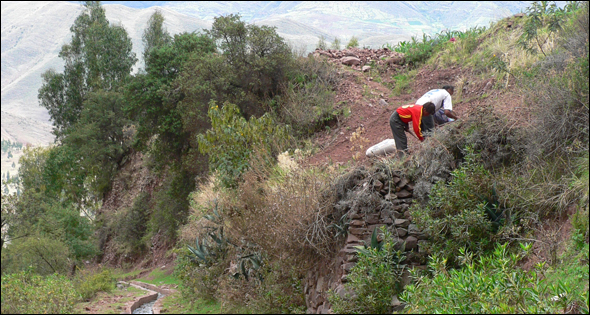
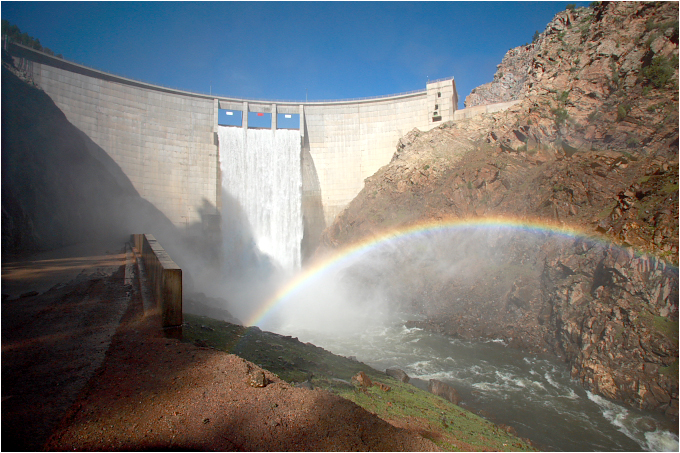
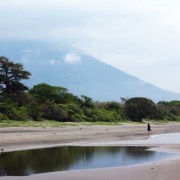

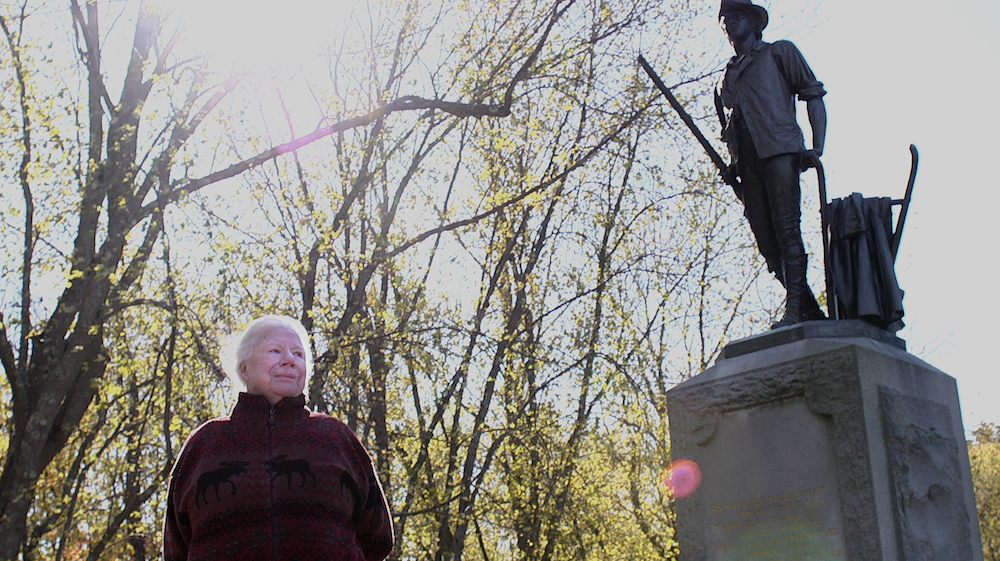

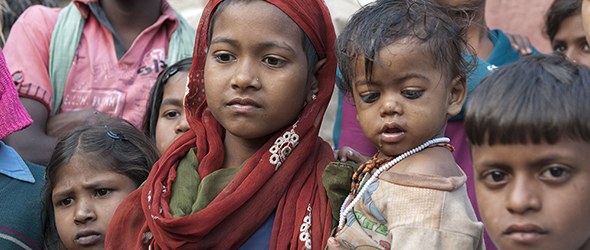


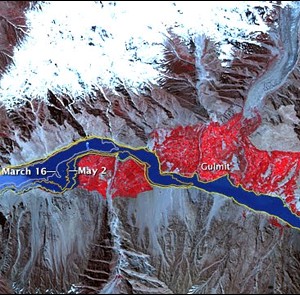
Leave a Reply
Want to join the discussion?Feel free to contribute!